5 ways breastfeeding helps mothers and babies alike
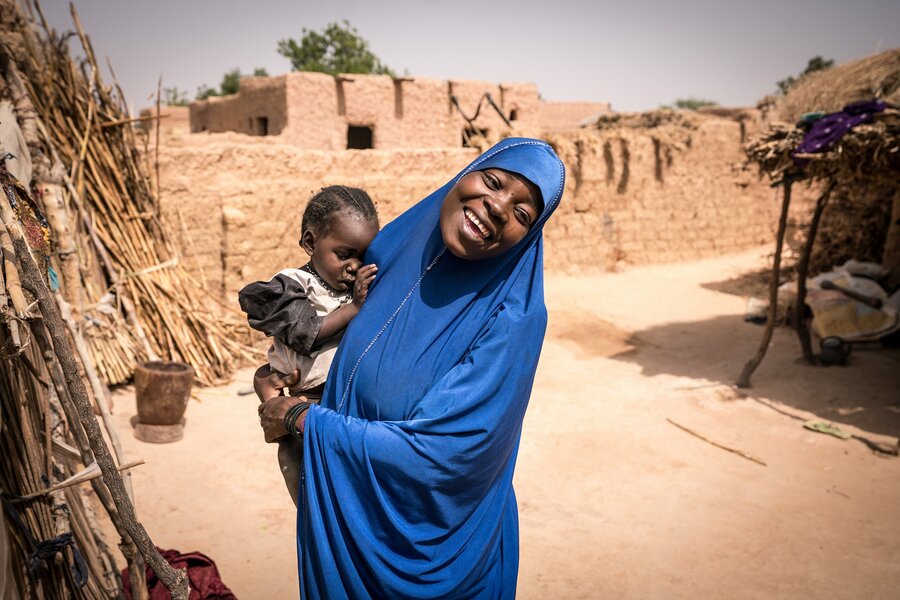
At a time when at least one in three children aged under 5 is affected by malnutrition, breastfeeding remains a critical way to help babies and young children meet their nutritional needs.
In responding to a global hunger crisis in a year of unprecedented needs, the World Food Programme supports breastfeeding across the world, supplying pregnant and breastfeeding women with specialized nutritious foods to prevent and treat malnutrition.
WFP provides nutrition training to mothers and their communities on what is very literally a lifeline – breastfeeding helps to provide immunity against diseases, serving children well beyond their earliest days.
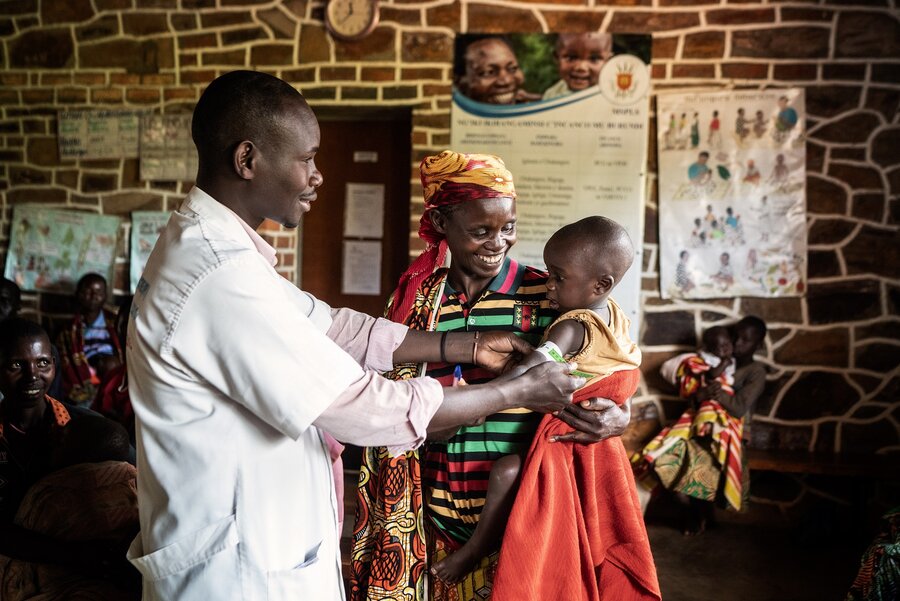
1) It is critical for child health and survival
A child is more likely to survive when he or she is exclusively breastfed, especially in their critical first six months.
In food-insecure environments, mortality rates are highest among young children. For example, in the famine in Somalia in 2011, more than half of estimated numbers of preventable deaths occurred among children aged under 5.
Colostrum – the first milk produced by mammary glands – is regarded as a child’s first vaccine, providing indispensable protection against life-threatening diseases.
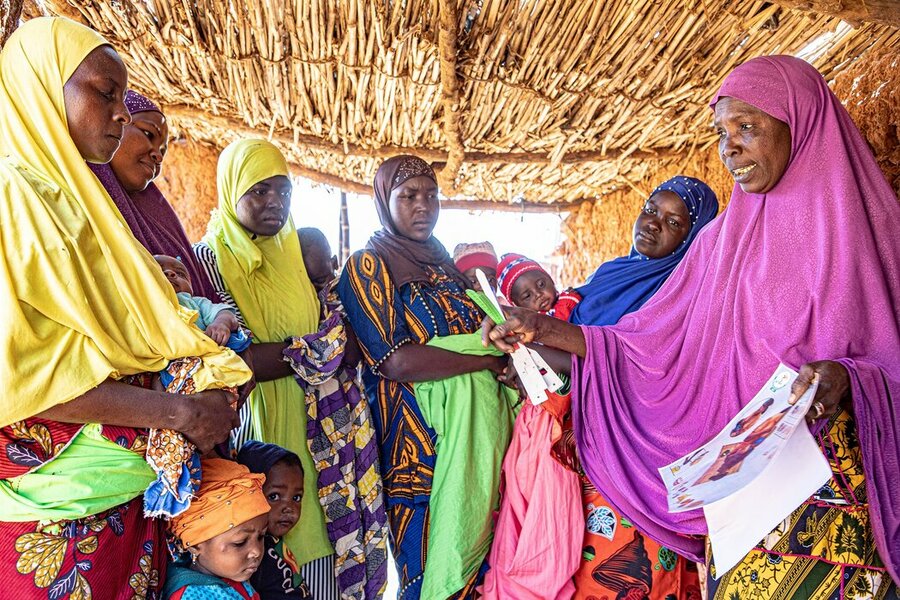
2) The benefits of breastfeeding can last a lifetime
How a child is nourished during a pregnancy through to the second birthday is pivotal to growth and healthy life as an adult. The World Health Organization recommends exclusive breastfeeding for the first six months and continued breastfeeding at least up until the age of two.
Breastfed babies are less likely to be overweight or obese as adolescents and children. They will perform better at school – not least because of better attendance. Breastfeeding is an investment in ‘human capital’.
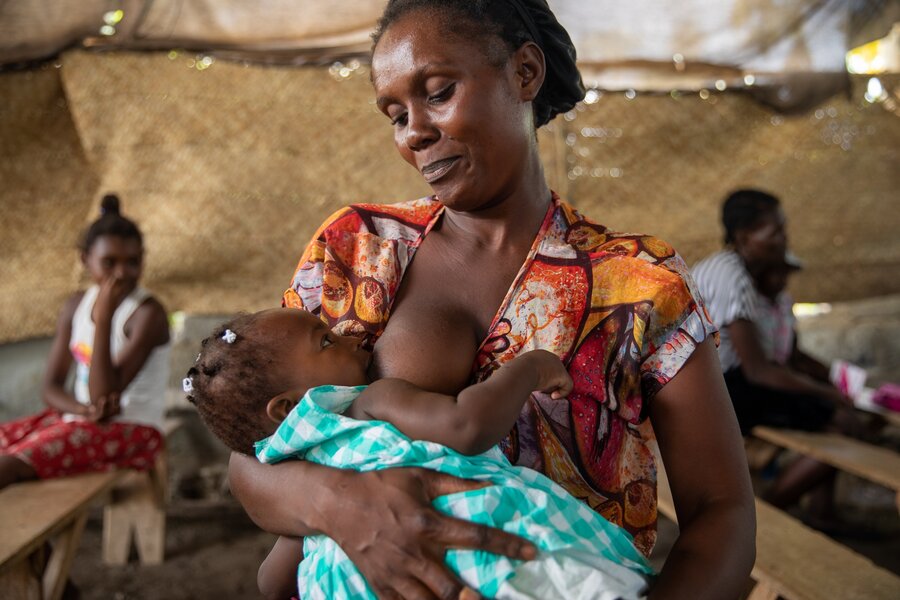
Building human capital – the sum of a population's health, skills, knowledge and experience – is increasingly being recognized as the main driver of sustainable and inclusive long-term economic growth. Inadequate breastfeeding costs the global economy almost US$1 billion per day due to lost productivity and healthcare costs.
3) It doesn’t just help babies, but mothers too
Breastfeeding can lower the risks of cancers and postnatal depression in women. It produces naturally soothing hormones that help reduce stress for mothers, and can help to calm babies too. Balki is a mother of six children in Niger and her family have struggled through several droughts.
WFP gave her porridge filled with the vitamins and minerals she needed while breastfeeding, and guidance on how to boost her nutrition. “I have noticed a change in my physique and the good health of my children,” she said. “I also noticed that the children I was pregnant with before the arrival of this project were much less healthy and strong than those born after.”
She added: “Before, we did not know the importance of exclusive breastfeeding, but the support WFP provided has enlightened us about breastfeeding, and we are benefiting a lot from it; the children do not get sick, and they are in much better shape.”
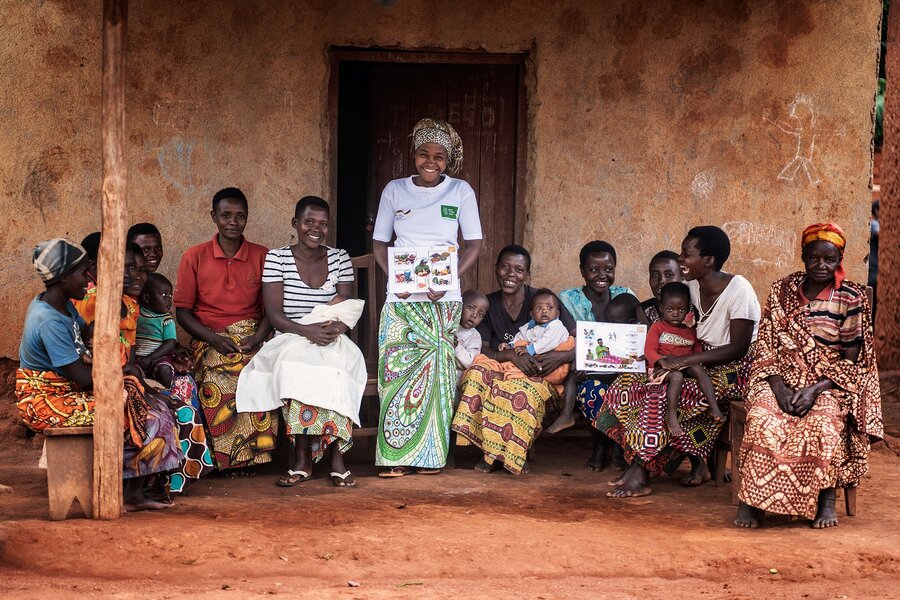
4) When babies are healthy, everyone benefits
Promoting breastfeeding is one of the smartest investments a country can make to build its future prosperity. Each US$1 invested in breastfeeding promotion and protection generates up to US$35 in economic returns. Increasing rates of breastfeeding is important in driving progress against global nutrition targets – against stunting, anaemia in women of reproductive age, low birth weight, childhood overweight and wasting.
5) Breastfeeding can help families build resilience
Breastmilk provides all the energy and nutrients the baby needs for the first 6 months of life. It continues to provide up to half or more of a child's energy and other high-quality nutrients needed between 6-12 months of age, and up to one third between 12-24 months.
Protection, promotion, and support of breastfeeding is a life-saving measure for babies everywhere, especially during crises.
In emergency situations, mothers face increased challenges to breastfeeding their babies, and require special attention and practical support. In almost all difficult scenarios breastfeeding should be the preferred mode of infant feeding.
